On August 06, 1853 in Celtic History
Sir william ridgeway, classical scholar, is born in ballydermot, co. offaly
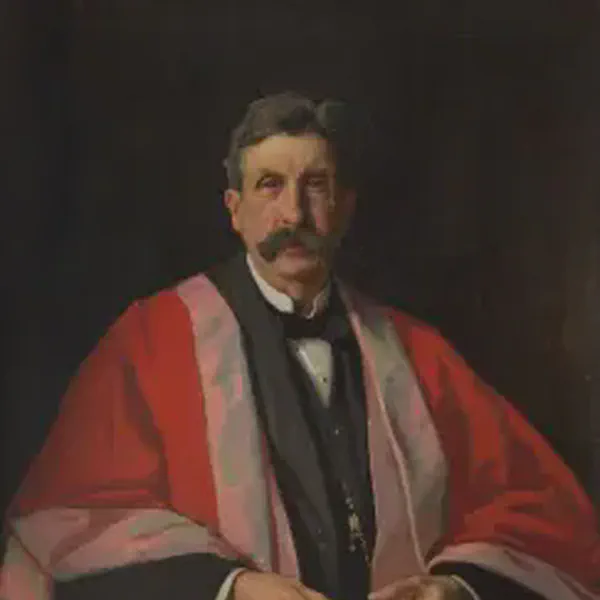
Sir William Ridgeway, FBA FRAI (6 August 1853 – 12 August 1926) was an Anglo-Irish classical scholar and the Disney Professor of Archaeology at the University of Cambridge.
Sir William Ridgeway, a distinguished classical scholar, was born on August 6, 1853, in Ballydermot, County Offaly, Ireland. He became one of the most respected academics of his time, particularly known for his contributions to classical archaeology, anthropology, and ancient history.
Early Life and Education
- Birth and Family: Ridgeway was born into a prominent family in Ballydermot, County Offaly. His upbringing in Ireland, with its rich historical and cultural heritage, likely influenced his later scholarly interests.
- Education: He attended Trinity College Dublin, where he excelled in classical studies, earning several scholarships and awards. His academic prowess at Trinity laid the foundation for his later achievements in the field of classics.
Academic Career
- Early Work: After completing his studies, Ridgeway quickly established himself as a scholar of note. He began his career as a lecturer in classics before taking on more prominent academic roles.
- Cambridge University: Ridgeway became the Disney Professor of Archaeology at the University of Cambridge in 1892, a position he held until 1926. His tenure at Cambridge was marked by significant contributions to the understanding of ancient cultures, particularly those of Greece and Rome.
- Notable Publications: Ridgeway’s scholarship was broad and interdisciplinary. Among his most influential works were The Early Age of Greece and The Origin of Metallic Currency and Weight Standards. These works demonstrated his ability to synthesize archaeological, linguistic, and anthropological evidence to shed new light on ancient civilizations.
- Anthropological Approach: Ridgeway was known for applying anthropological methods to the study of classical antiquity. He was particularly interested in the origins and development of cultural practices and institutions, such as the use of currency and the evolution of social hierarchies.
Legacy and Honors
- Recognition: Ridgeway’s work earned him widespread recognition in the academic world. He was knighted in 1919 for his services to scholarship and was also a Fellow of the British Academy.
- Impact on Classical Studies: Ridgeway’s interdisciplinary approach to the study of the ancient world helped to expand the scope of classical studies. His work influenced not only classical scholars but also those in related fields such as anthropology and archaeology.
- Death and Commemoration: Sir William Ridgeway passed away on August 12, 1926. His contributions to classical scholarship are still recognized today, and he is remembered as one of the leading classical scholars of his generation.
Sir William Ridgeway’s life and work were characterized by a deep commitment to understanding the ancient world, and his scholarship continues to be valued for its innovative and comprehensive approach to classical studies.
More From This Day

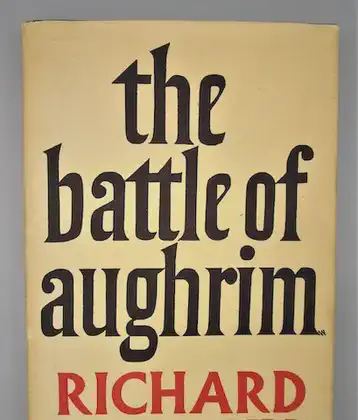


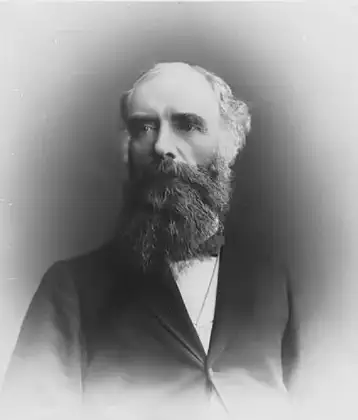
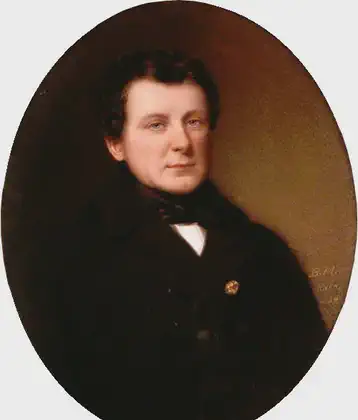

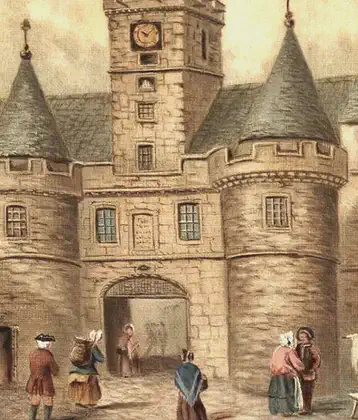
calendar
1678
First Glasgow-Edinburgh coach service began from White Horse Inn, Edinburgh.
August 06, 1678

calendar
1312
John de Wogan ceases to be justiciar; Edmund le Botiller will act as justiciar for the present
August 06, 1312